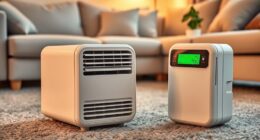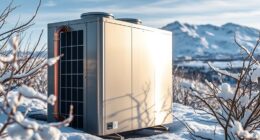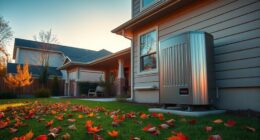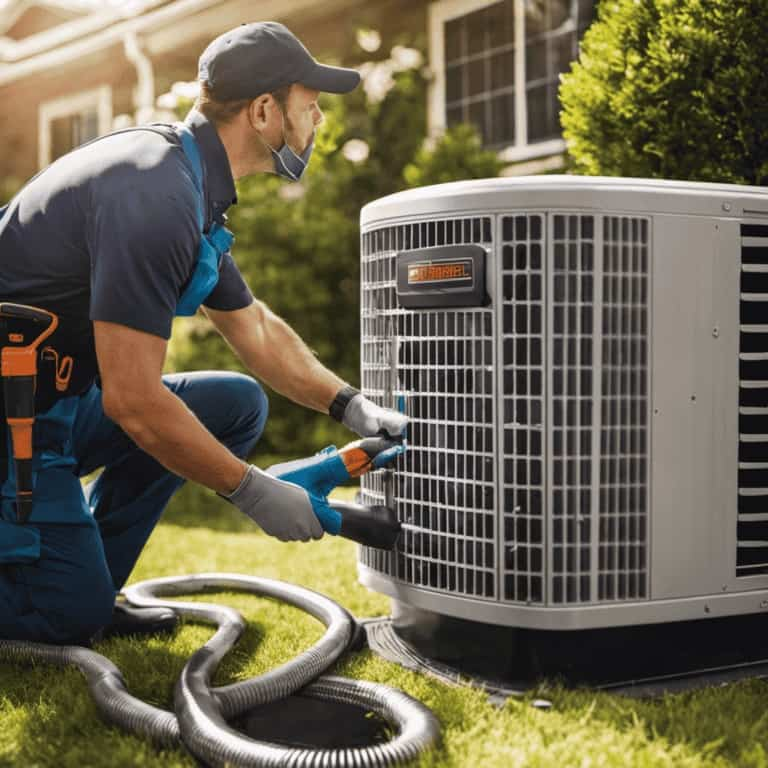
Have you ever pondered why heat pumps use more electricity in colder climates? We have the explanations. In this article, we will explore the factors that impact heat pump electricity usage in cold weather.
But that’s not all – we’ll also provide tips to optimize heat pump efficiency and compare electricity usage in cold versus mild climates.
So, if you’re looking for the key to understanding heat pumps’ electricity consumption in cold climates, you’re in the right place. Let’s dive in and unlock the secrets together.
Key Takeaways
- Climate and insulation levels impact heat pump electricity consumption
- Regular maintenance can optimize heat pump efficiency and reduce electricity consumption
- Energy efficiency features such as variable speed compressors and defrost cycles help maintain efficiency in cold climates
- Improving insulation and sealing air leaks can minimize heat loss and reduce electricity consumption
Factors Affecting Heat Pump Electricity Consumption in Cold Climates
We will explore the key factors that impact the electricity consumption of heat pumps in cold climates.
One important factor to consider is heat pump defrosting. In cold weather, frost can build up on the outdoor unit, reducing its efficiency. Heat pumps have a defrosting mechanism that periodically melts the ice buildup. This process requires additional energy and can increase electricity consumption.
Another factor is the impact of insulation. Proper insulation in the home is crucial to minimize heat loss and maximize the efficiency of the heat pump. Without adequate insulation, the heat pump will have to work harder to maintain the desired temperature, leading to higher electricity consumption.
By addressing these factors, homeowners can optimize the efficiency of their heat pumps in cold weather.
Now, let’s move on to the next section where we’ll discuss some tips to achieve this.
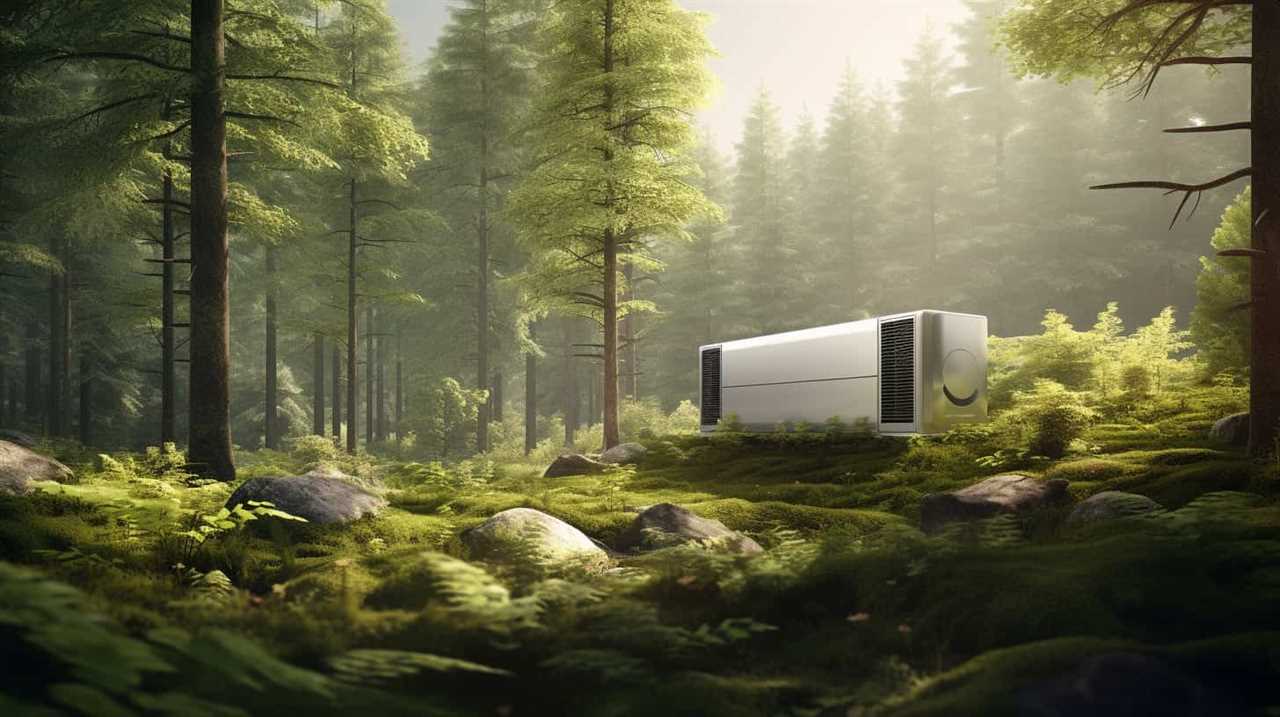
Tips to Optimize Heat Pump Efficiency in Cold Weather
To maximize heat pump efficiency in cold weather, it’s important to implement effective strategies and utilize proper maintenance techniques.
Heat pump maintenance is crucial to ensure optimal performance during cold weather conditions. Regularly cleaning and replacing filters, checking and lubricating fan motors, and inspecting the refrigerant levels are all essential maintenance tasks.
Additionally, it’s important to ensure that the heat pump is properly insulated to prevent heat loss and maximize energy efficiency. Insulation techniques such as adding weatherstripping to doors and windows, sealing air leaks, and insulating the pipes can significantly improve the heat pump’s performance.
Understanding Heat Pump Performance at Different Temperatures
The performance of heat pumps can vary at different temperatures, but understanding these variations is crucial for maximizing efficiency and energy savings.
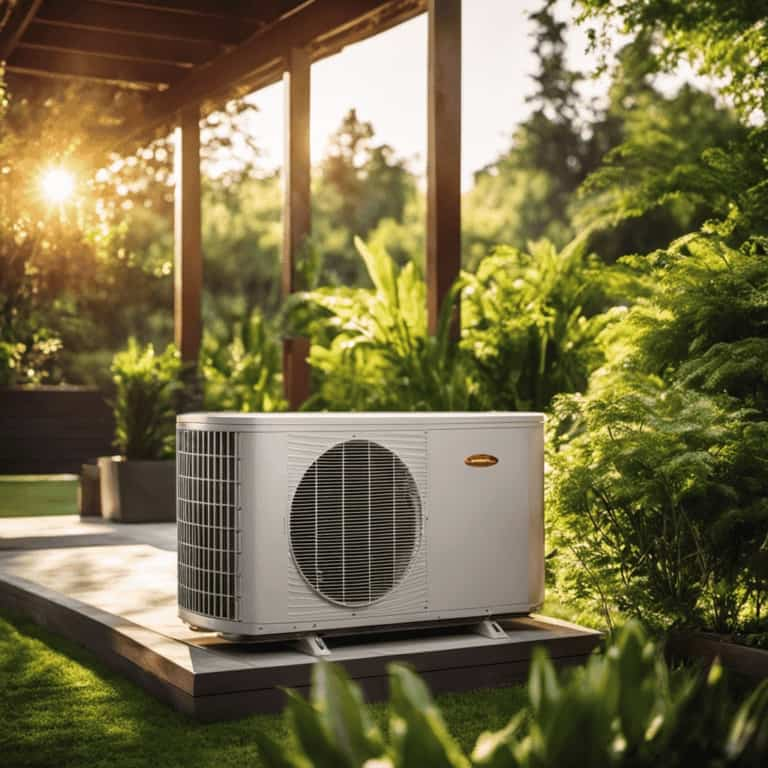
One important factor to consider is the heat pump defrosting method. When the outdoor coil becomes covered in ice during cold weather, the heat pump needs to defrost to maintain its efficiency. There are different defrosting methods, such as time-based defrosting or demand-based defrosting, which activate when the unit detects ice buildup.
Another factor to consider is the impact of insulation on heat pump performance. Insulation plays a significant role in preventing heat loss and maintaining a consistent indoor temperature. Proper insulation can help reduce the workload on the heat pump, leading to improved efficiency.
Understanding these factors and implementing appropriate measures can lead to better heat pump performance and increased energy savings.
Now let’s explore how cold climate impacts heat pump electricity usage.
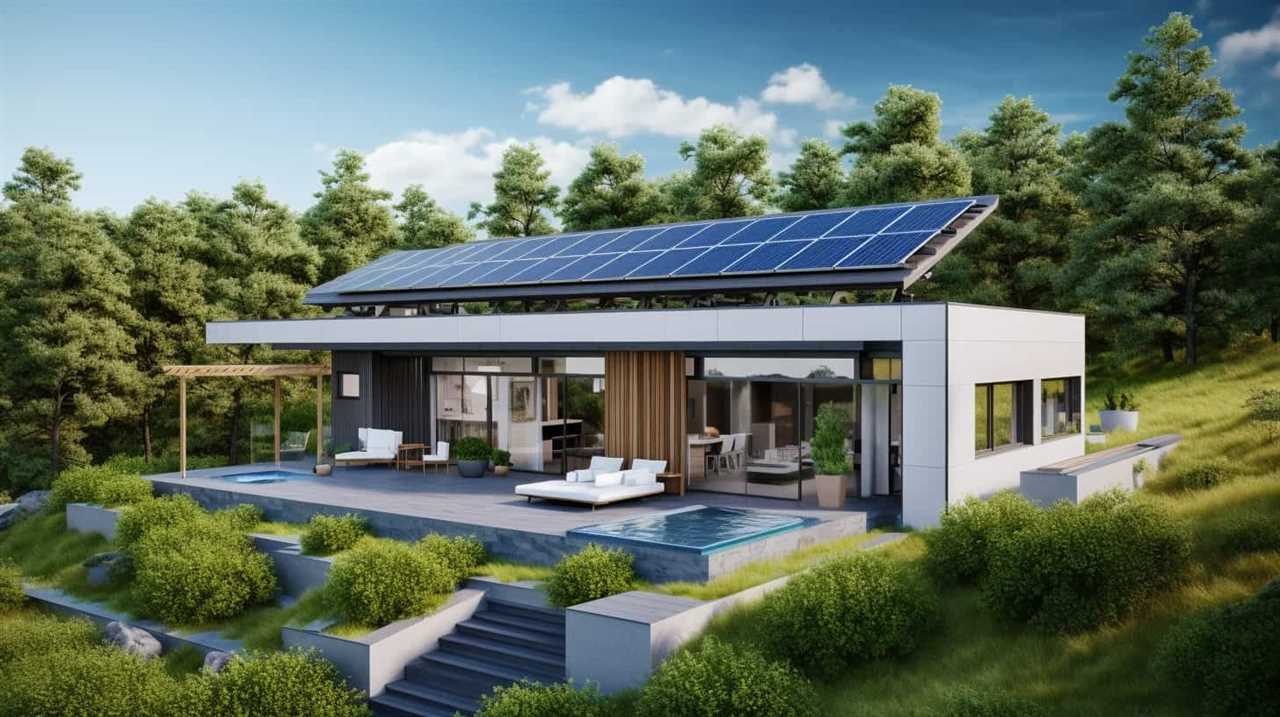
How Cold Climate Impacts Heat Pump Electricity Usage
As the temperature drops, the efficiency of heat pumps decreases, leading to higher electricity usage.
In cold climates, heat pumps have to work harder to extract heat from the outdoor air, which results in increased energy consumption.
One factor that contributes to this is the heat pump defrosting process. When the outdoor temperature is low, moisture in the air can freeze on the heat pump’s outdoor coil, reducing its ability to transfer heat. To remove the ice buildup, the heat pump goes into defrost mode, which requires additional energy.
Another factor that affects heat pump efficiency in cold climates is insulation. Insufficient insulation in the home can result in heat loss, forcing the heat pump to work even harder to maintain the desired temperature, further increasing electricity usage.
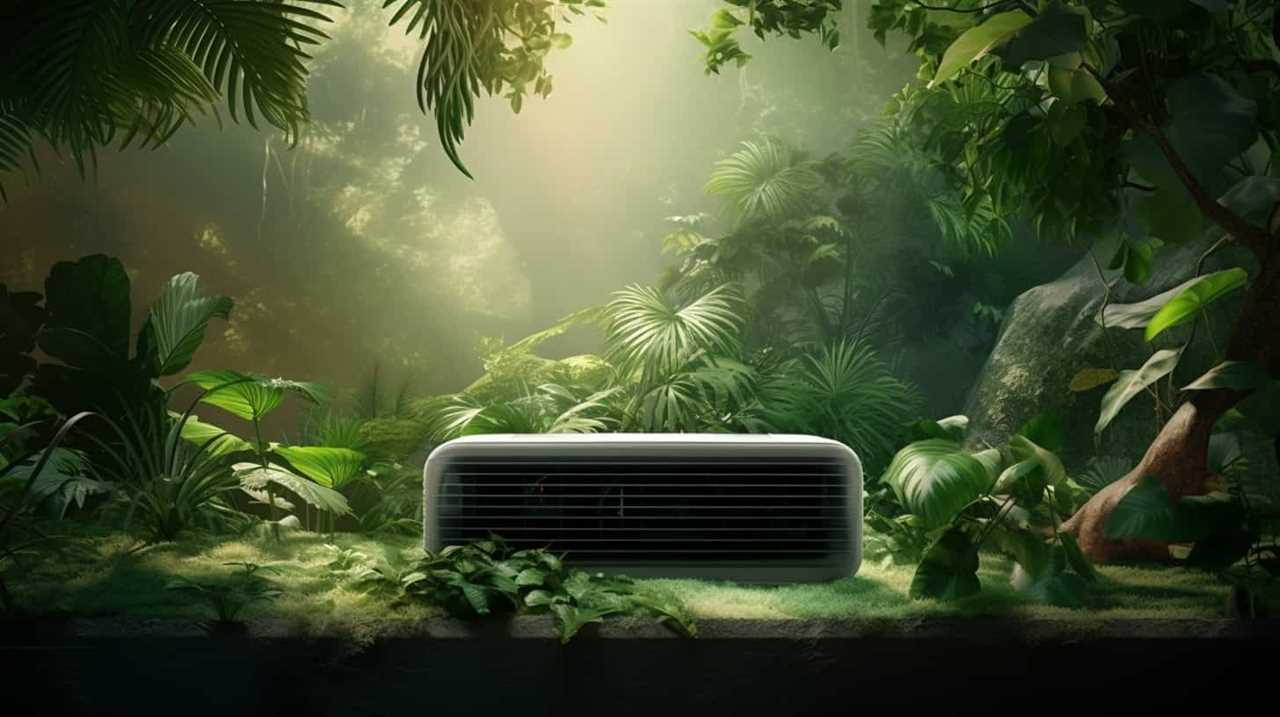
Therefore, proper insulation is crucial to maximize heat pump efficiency in cold climates.
Comparing Heat Pump Electricity Consumption in Cold Vs. Mild Climates
In cold climates, heat pump electricity consumption differs significantly from that in mild climates. The energy efficiency of a heat pump plays a crucial role in determining its electricity consumption.
In cold climates, where temperatures drop below freezing, heat pumps need to work harder to extract heat from the outdoor air and transfer it indoors. This increased workload results in higher electricity consumption.
Additionally, the impact of insulation on heat pump performance can’t be overlooked. Well-insulated homes retain heat better, reducing the workload on the heat pump and subsequently lowering electricity consumption.
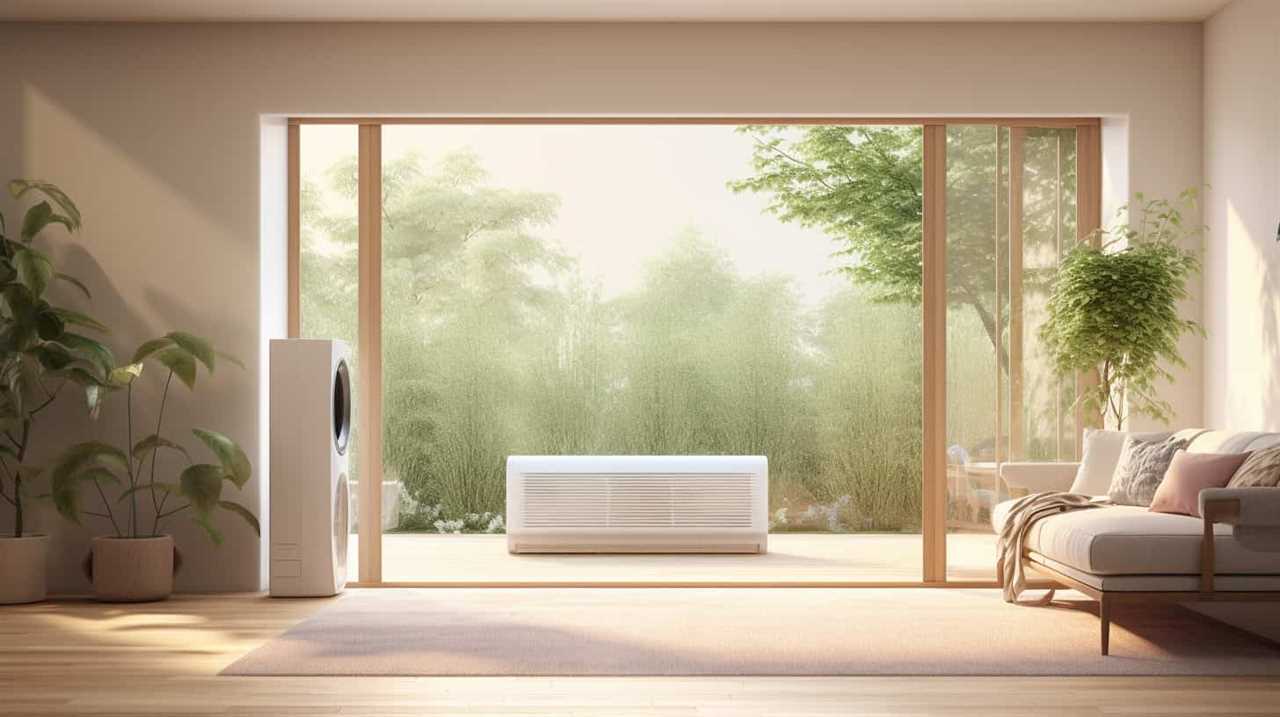
In mild climates, where temperatures are more moderate, heat pumps operate more efficiently, requiring less electricity to achieve the desired indoor temperature.
Therefore, it’s important to consider the specific climate and insulation levels when comparing heat pump electricity consumption between cold and mild climates.
Frequently Asked Questions
How Does the Size of a Heat Pump Affect Its Electricity Consumption in Cold Climates?
The size of a heat pump has a significant impact on its electricity consumption in cold climates. Proper heat pump sizing ensures efficient operation and reduces energy waste. Additionally, insulation plays a crucial role in minimizing heat loss and optimizing energy efficiency.
Are There Any Specific Maintenance Tasks That Need to Be Performed Regularly to Ensure Optimal Heat Pump Efficiency in Cold Weather?
Regular maintenance tasks for optimal heat pump efficiency in cold weather include cleaning or replacing air filters, inspecting and cleaning coils, checking refrigerant levels, and ensuring proper airflow. These tasks can greatly impact the electricity consumption of heat pumps in cold climates.
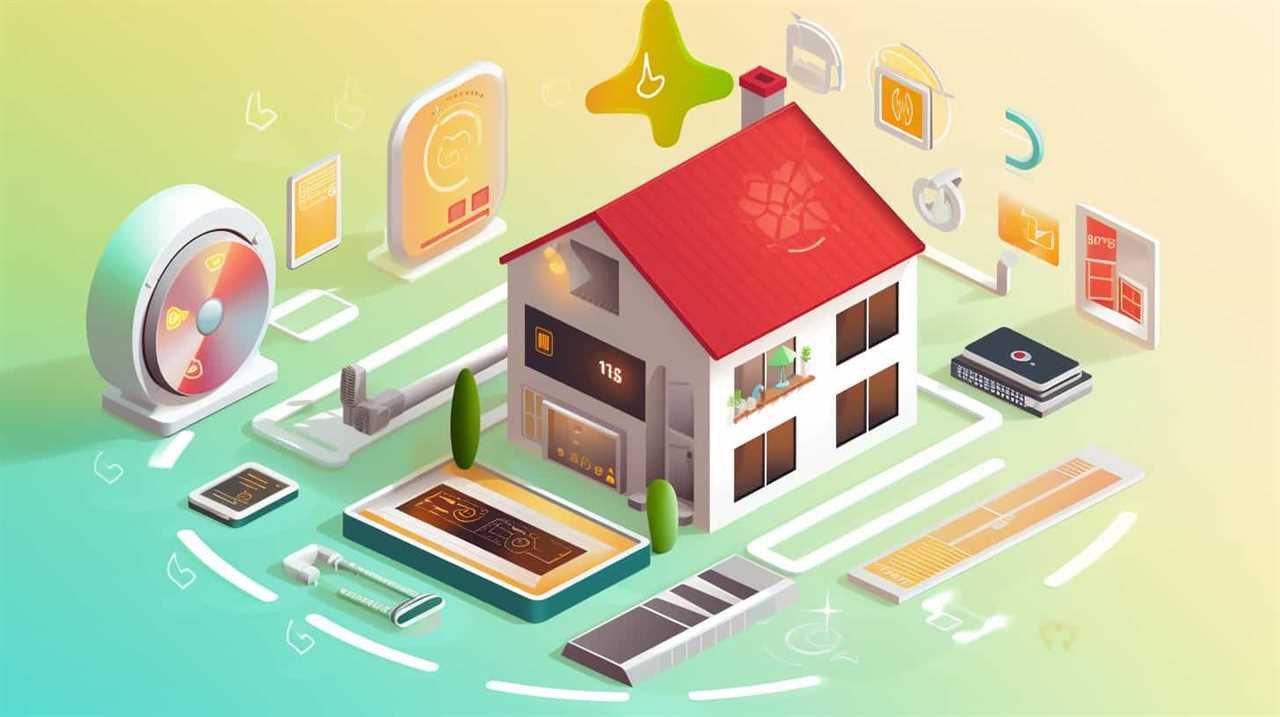
Can Heat Pumps Provide Sufficient Heating in Extremely Cold Climates?
Heat pumps can struggle to provide sufficient heating in extremely cold climates due to the impact of extreme cold temperatures on their performance and efficiency. The effectiveness of insulation in reducing heat loss is crucial in these conditions.
Do Heat Pumps Work Differently in Regions With Varying Degrees of Coldness?
In regions with varying degrees of coldness, heat pumps may work differently. The effectiveness of heat pumps in extreme cold and the impact of climate on heat pump performance must be considered.
Are There Any Alternative Heating Options That Are More Energy-Efficient Than Heat Pumps in Cold Climates?
Comparing energy efficiency, heat pumps vs. geothermal systems, in cold climates reveals geothermal systems as a viable alternative. Additionally, exploring the viability of biomass heating as an alternative to heat pumps in cold climates is essential.
Conclusion
In conclusion, understanding the electricity consumption of heat pumps in cold climates is crucial for optimizing their efficiency. By considering factors such as temperature, insulation, and system maintenance, homeowners can ensure their heat pump operates effectively even in freezing conditions.
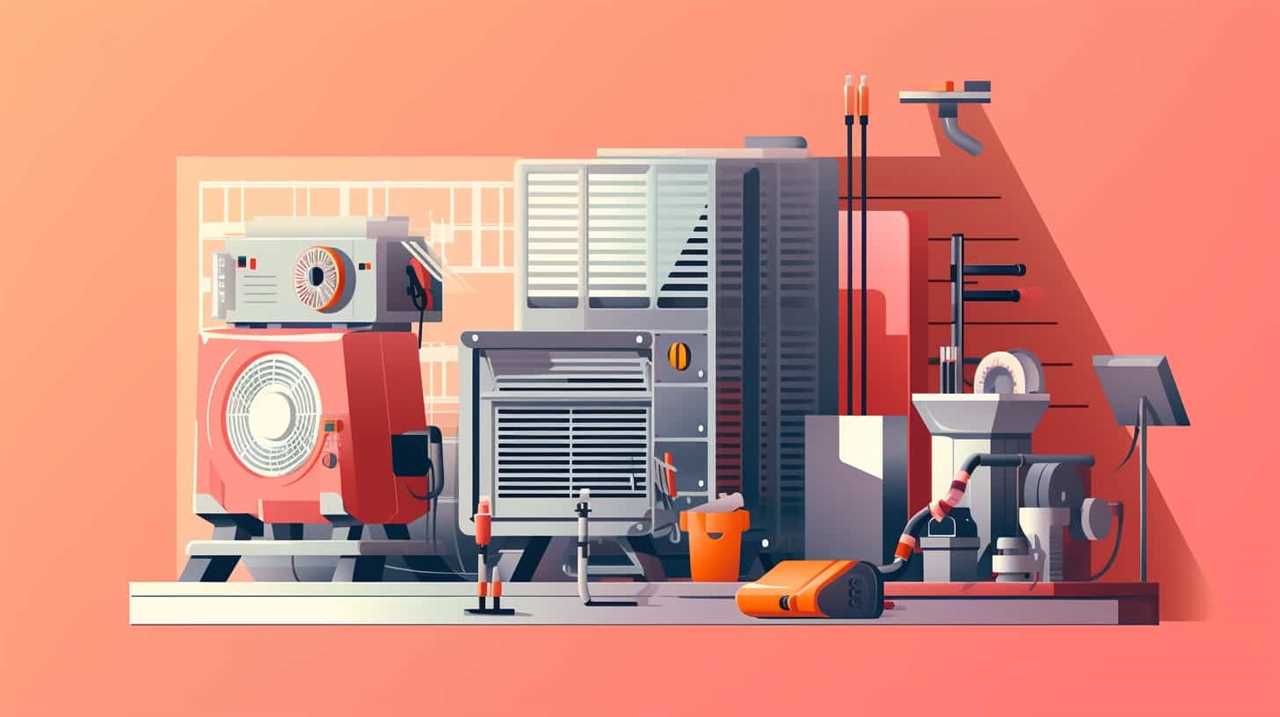
The cold climate significantly impacts heat pump electricity usage, making it essential to compare consumption in cold versus mild climates.
By implementing these tips and understanding performance at different temperatures, homeowners can maximize their heat pump’s efficiency and reduce energy costs.






